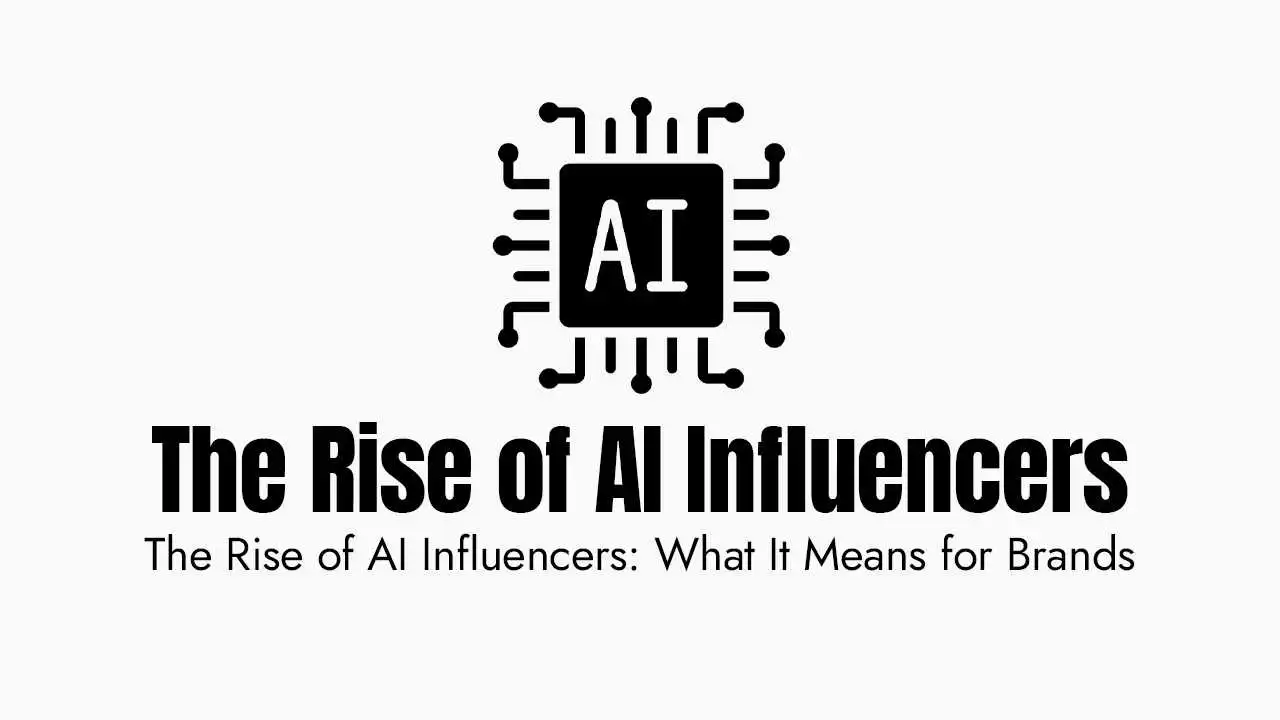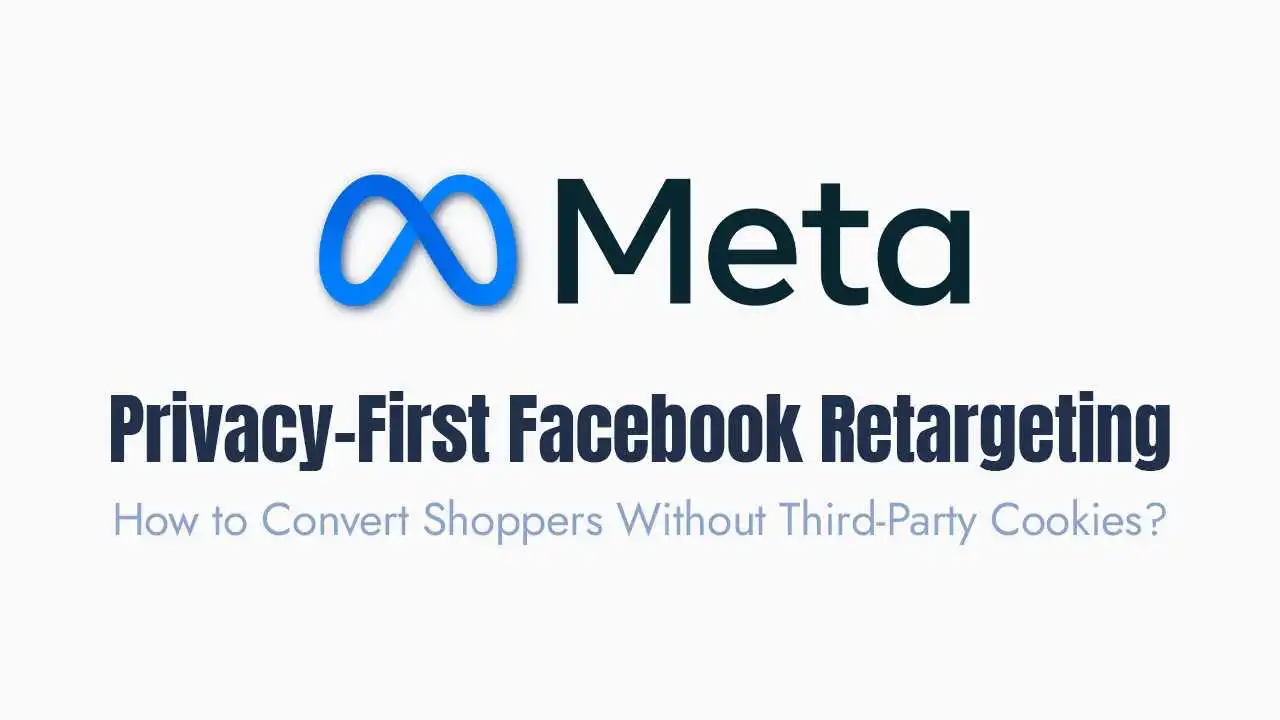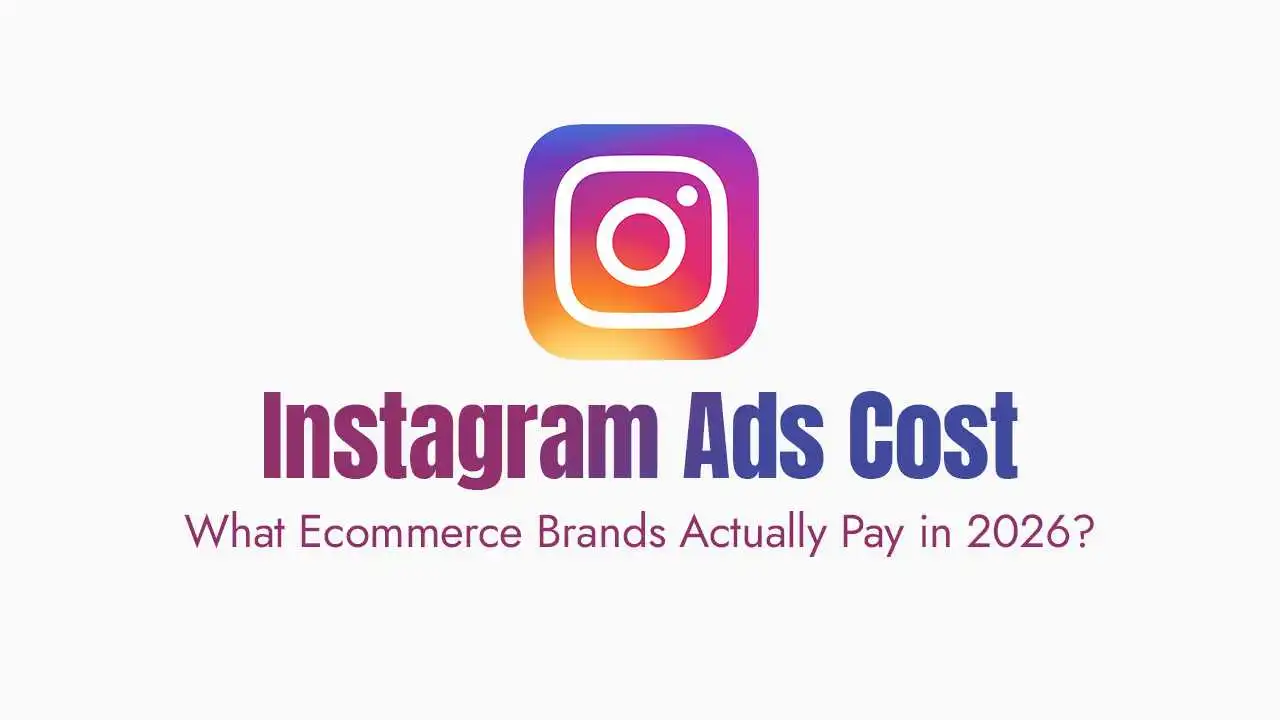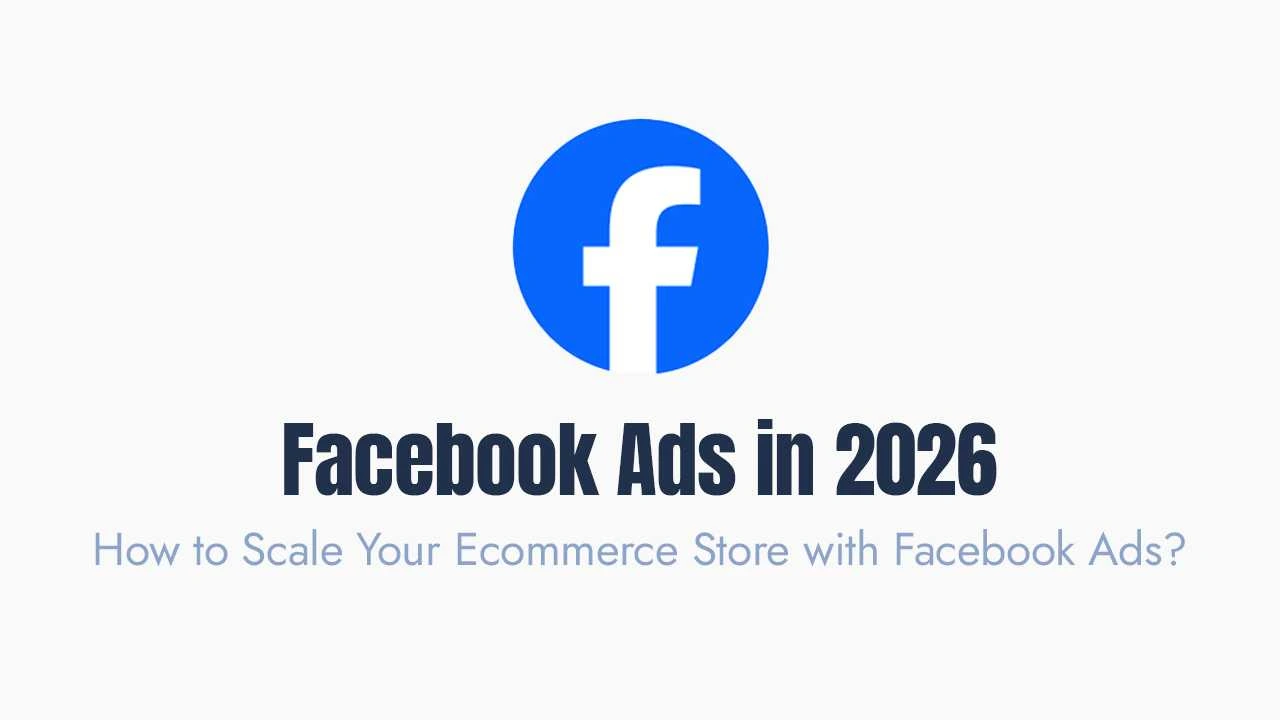Meet Lil Miquela, a 20-year-old model and musician with millions of followers. She has collaborated with Prada, Samsung, and Calvin Klein. Her content is flawless, her schedule is always open, and she will never be involved in a public scandal.
Why? Because Lil Miquela isn’t a person. She’s a digital creation, a hyper-realistic AI influencer, and she represents the new frontier of brand marketing. The rise of these digital personalities is not a passing fad.
It’s a paradigm shift that offers brands unprecedented control and efficiency, but also comes with significant risks to authenticity and trust. For marketers, understanding this new landscape is no longer optional—it’s essential.
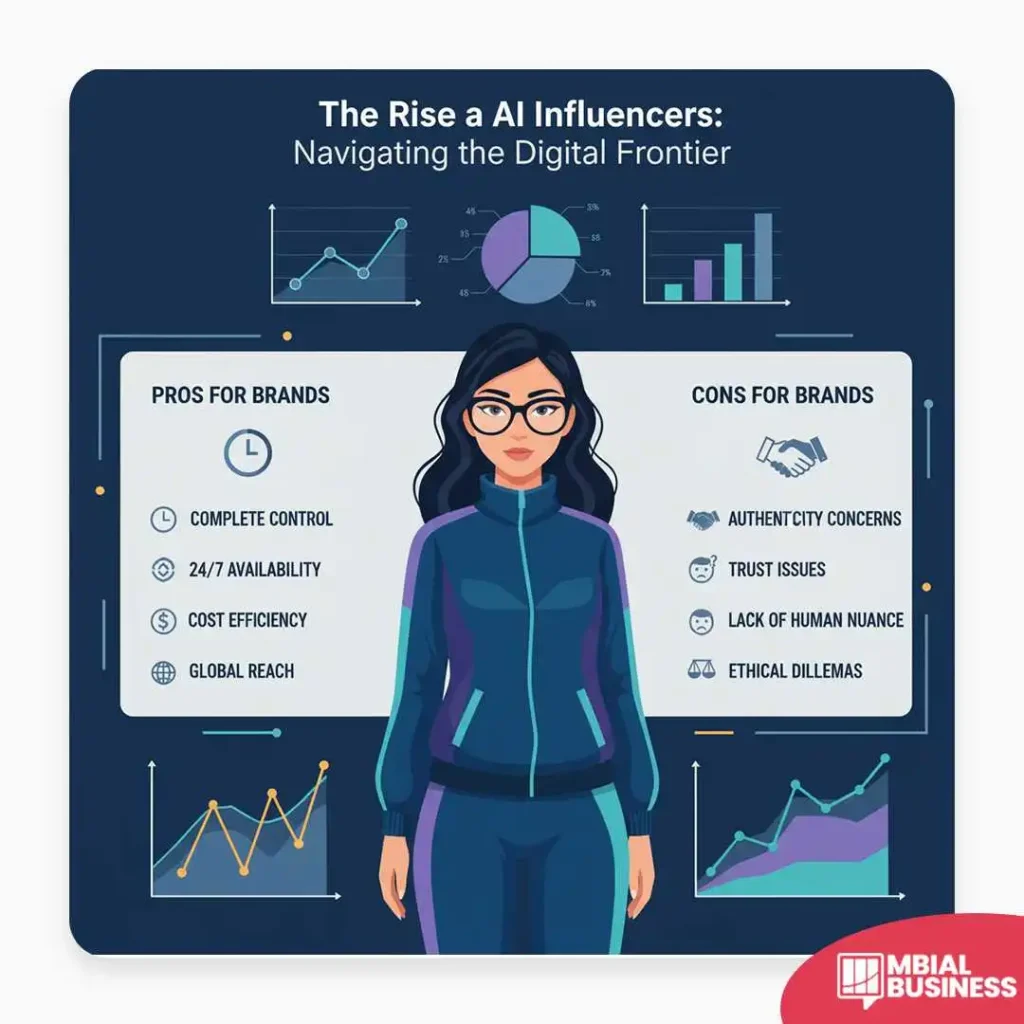
Why Brands Are Turning to AI Influencers?
The appeal of a non-human influencer is simple: they solve many of the traditional problems of influencer marketing.
1. Absolute Control and No PR Risk:
Brands can fully control every aspect of an AI influencer’s life and look, from their hair color to their social media posts. This eliminates the unpredictability of human behavior and the risk of a partnership being derailed by a public scandal, a costly lawsuit, or an off-brand comment.
For brands with a sensitive or highly-regulated image, like LG or KFC (which created its own virtual Colonel Sanders), this level of control is invaluable.
2. Unprecedented Scalability and Efficiency:
An AI influencer can be a spokesperson for a global campaign in multiple languages and in any location, all at the same time. This is a game-changer for brands that need to produce a high volume of content for diverse audiences.
Once the initial investment is made, an AI influencer can produce a constant stream of content, often at a lower long-term cost than managing a roster of human creators.
3. Novelty and a Modern Brand Image:
Working with an AI influencer instantly signals to an audience that a brand is innovative, tech-savvy, and forward-thinking. Brands like Prada and Hugo Boss have successfully used AI influencers to generate massive media buzz and reinforce their status as modern trendsetters, appealing directly to a digitally-native audience.
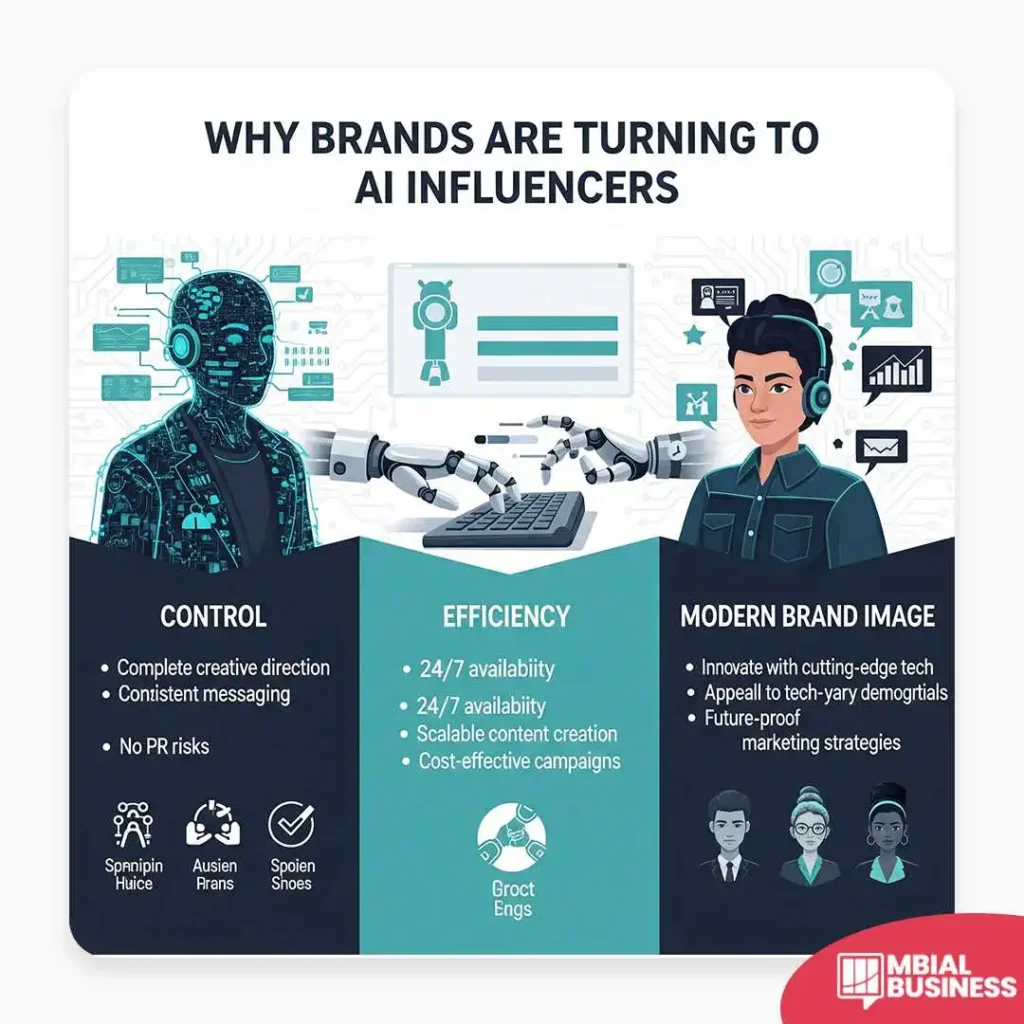
The "Catch": Risks and Ethical Challenges
Despite the clear benefits, the rise of AI influencers is not without its serious challenges.
1. The Trust Deficit:
According to a 2025 survey, while over 60% of brands are experimenting with AI influencers, only 28% of consumers trust them. This “authenticity gap” is the biggest hurdle.
Audiences crave genuine human connection, and AI influencers, no matter how realistic, can feel “soulless.” If not handled transparently, the lack of a real person and their lived experience can easily undermine brand trust, leading to lower engagement and loyalty over time.
2. Ethical and Reputation Risks
The use of AI influencers raises a number of ethical red flags that can backfire on a brand:
Unrealistic Beauty Standards:
AI influencers are “flawless” by design. They can perpetuate unattainable beauty standards, which can be damaging to a brand’s reputation, particularly in the beauty and wellness industries.
Digital Plagiarism:
Cases have already emerged where AI influencers were trained on the likeness of real creators without their consent, sparking outrage and accusations of digital theft.
Misinformation:
As AI technology becomes more advanced, there is a risk of AI influencers being used to generate fake testimonials or spread misinformation, which could have severe consequences for a brand’s credibility.
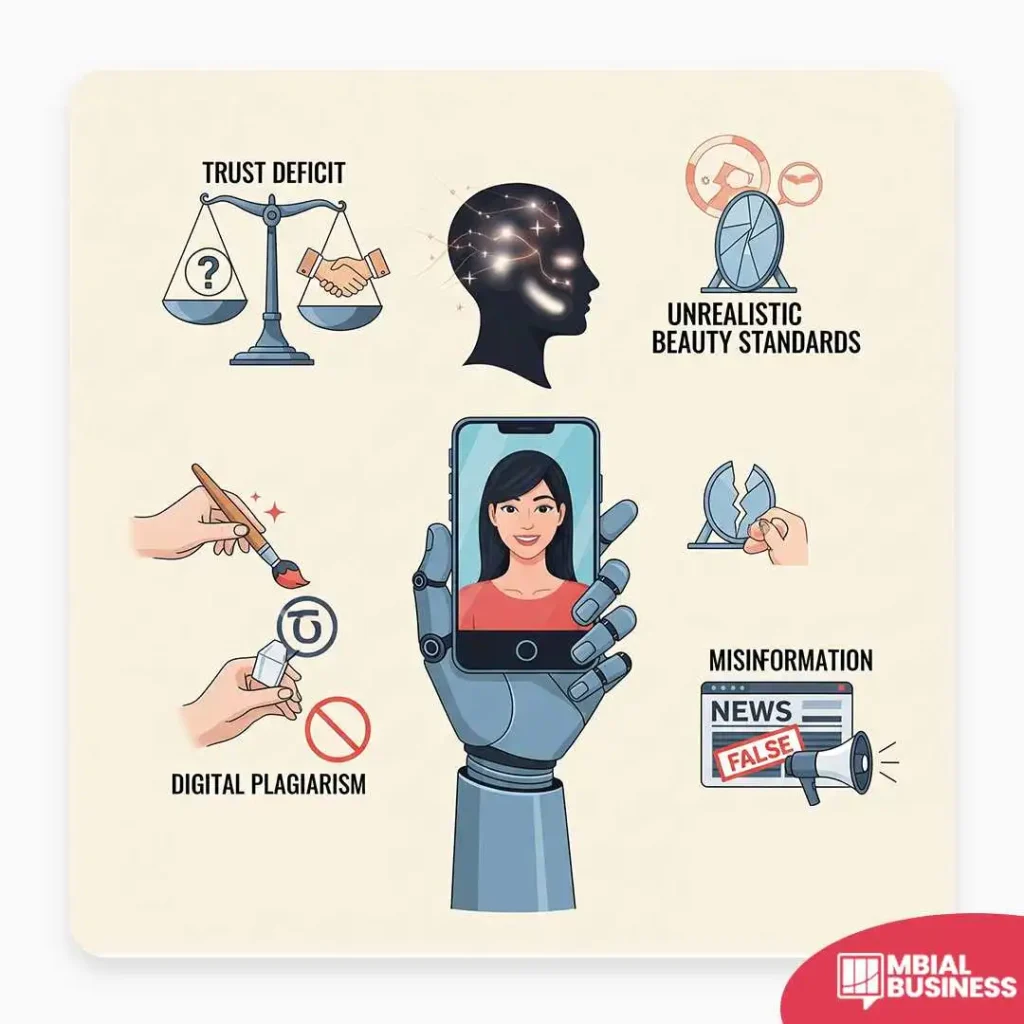
Navigating the New Frontier:
The most successful brands will not see AI influencers as a replacement for human creators, but as a new medium to be used strategically and ethically.
1. Be Transparent:
If your influencer is AI, say so. Transparency is the most crucial factor in building audience trust. Audiences are more willing to engage with AI if they feel they are not being deceived.
2. Create a Compelling Backstory:
Give your AI influencer a unique and relatable personality. The human brain is wired for storytelling. A detailed backstory can help an audience connect on an emotional level, even with a non-human entity.
3. Use a Hybrid Model:
The most powerful strategy is a collaboration between AI and humans. Use an AI influencer for what it does best (scale and consistency) and then partner it with human creators who can provide the personal touch, genuine reviews, and real-life experiences that an AI cannot.
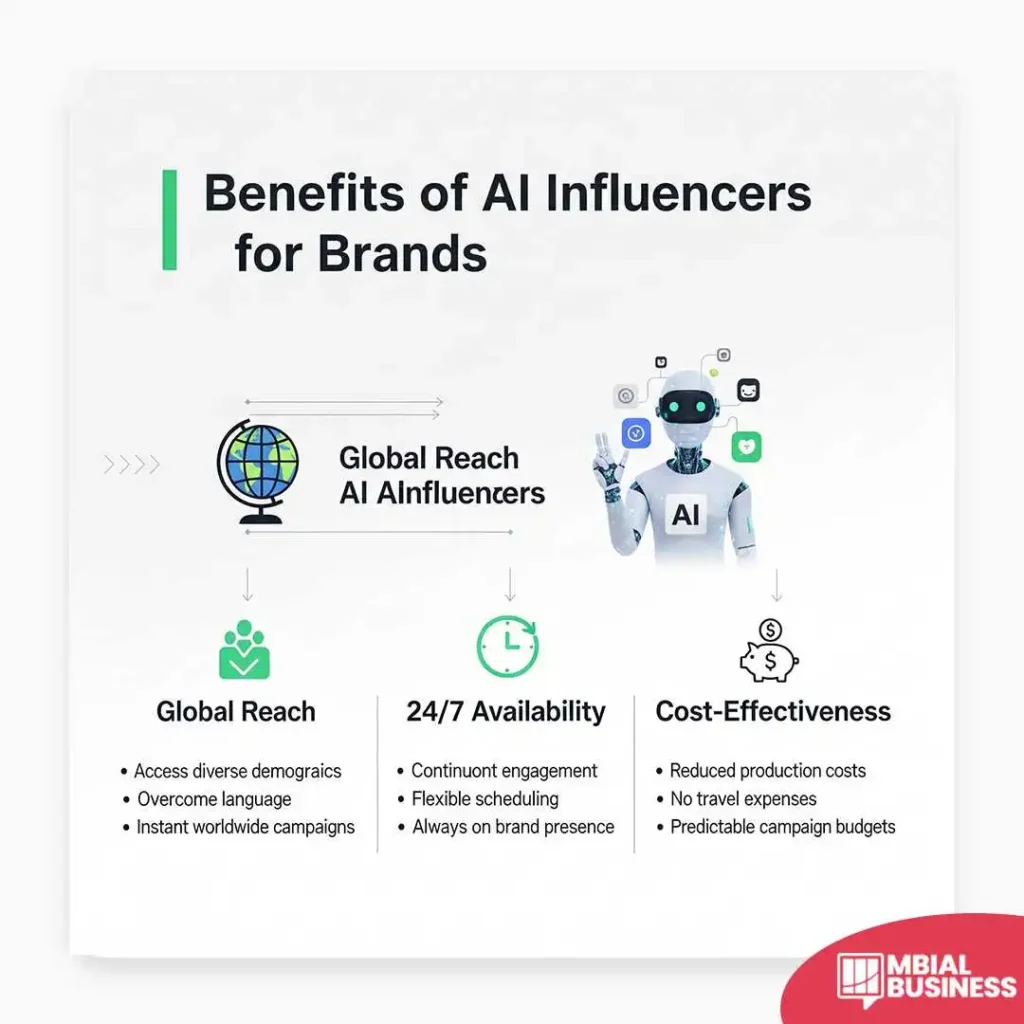
The Bottom Line:
The rise of AI influencers marks a new chapter in social media marketing. For brands, this technology offers unprecedented opportunities for control, efficiency, and creative expression.
However, it also introduces significant risks to brand authenticity and trust. The brands that win in this new era will be those that approach AI influencers not as a quick fix or a cost-cutting measure, but as a strategic tool to be used thoughtfully, ethically, and in a way that prioritizes genuine connection with their audience.

